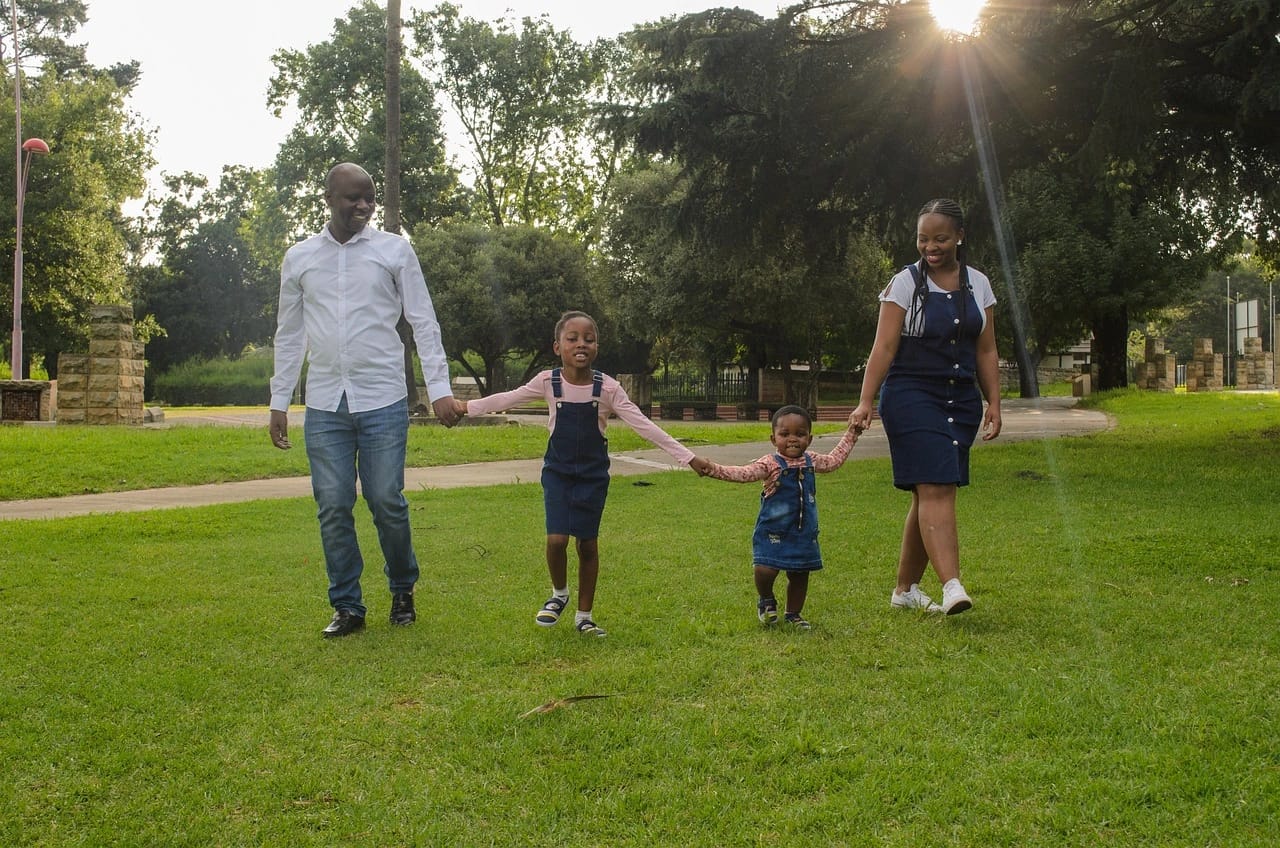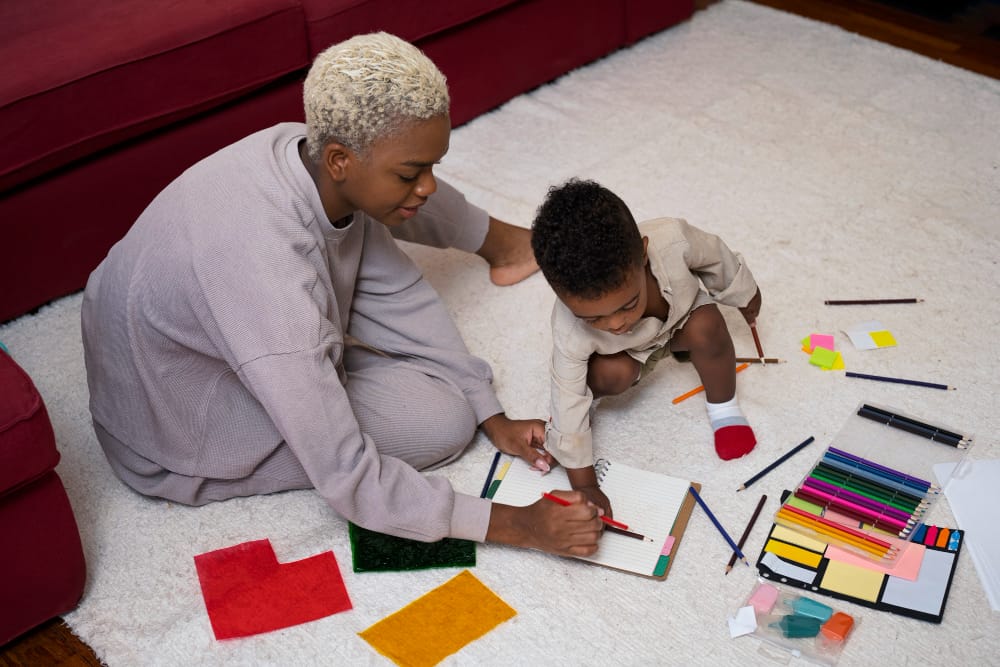10 Techniques For Effective Communication With Children
Communication With Children is a crucial skill that every parent needs to develop. Since children are highly sensitive to what is said and done to them, effective communication plays a vital role in building trust, teaching them how to interact with others, and helping them make friends.
To improve your communication with children, here are ten powerful techniques that can enhance your interactions with them.
1. Active Listening
Active listening is one of the most effective ways to improve communication with children. It involves paying full attention to what your child is saying, showing genuine interest, and responding appropriately. This includes avoiding distractions, making eye contact, and using encouraging gestures. By actively listening, you demonstrate that you value their thoughts, which, in turn, teaches them how to listen to others.
2. Empathy and Validation
Empathy is a fundamental aspect of communication with children. It means understanding and sharing your child’s feelings, validating their emotions, and showing respect for their diverse opinions. Simple statements like, “I understand that you feel upset,” can make a significant difference in how your child feels understood and supported. This empathy strengthens the bond and promotes emotional development.
3. Clear and Age-Appropriate Language
Effective communication with children requires using clear, simple, and age-appropriate language. Younger children may struggle with complex vocabulary, so it’s essential to adjust your language accordingly. As your child grows, gradually introduce more complex concepts and terms. This helps children learn and expand their knowledge while ensuring they understand what you’re trying to convey.
4. Open-Ended Questions
Incorporating open-ended questions into your communication with children encourages them to express their thoughts and feelings more freely. Instead of asking questions that can be answered with a simple “yes” or “no,” try questions like, “What was the most exciting part of your day?” This approach helps them develop their speaking skills and promotes deeper, more meaningful conversations.
5. Positive Reinforcement
Positive reinforcement plays a pivotal role in communication with children. Acknowledge and reward good behavior by giving compliments, hugs, or words of encouragement. For example, saying, “I’m so proud of you for sharing with your friend,” reinforces positive behavior and motivates children to continue displaying those actions.
6. Organize Time for a Conversation
Regularly setting aside time to communicate with your children strengthens your bond. Whether it’s during meals, bedtime, or quiet moments, making time for meaningful conversations shows that you’re genuinely interested in their thoughts and feelings. Consistent communication with children during these moments builds trust and openness.
7. Model Good Communication
Children often imitate their parents’ behavior, so it’s essential to model good communication with children. Demonstrate respect, patience, and empathy when interacting with others, as your child will learn from these examples. By observing how you handle conversations, they’ll pick up valuable skills on how to communicate effectively.
8. Address Conflicts Constructively
Conflicts are a natural part of any relationship, including communication with children. Addressing conflicts constructively involves staying calm, using “I” statements to express your feelings, and working together to find solutions. For example, instead of saying, “You always ignore me,” try, “I feel hurt when you don’t listen.” This approach encourages problem-solving and healthy communication.
9. Encourage Self-Expression
Encouraging self-expression is essential for effective communication with children. Create a safe space where your child feels comfortable sharing their thoughts, feelings, and experiences without fear of judgment. This openness helps them build confidence and teaches them that their voice matters.
10. Be Patient
Patience is key when it comes to communication with children. Children may need more time to articulate their thoughts or process their emotions. Allow them to express themselves without interruptions or pressure, and be ready to listen with empathy. This patience helps build their confidence in sharing and strengthens your connection.
Related: How I Overcame Parenting Challenges To Raise Godly Kids
Takeaway on Communication With Children
Mastering communication with children involves being fully present, showing empathy, using clear language, and fostering an environment of trust and understanding. By applying these techniques, you lay the foundation for a deeper, more meaningful relationship with your child. Not only will this enhance your current interactions, but it will also equip your children with essential communication skills they will carry with them throughout their lives.
Helpful Resources:






